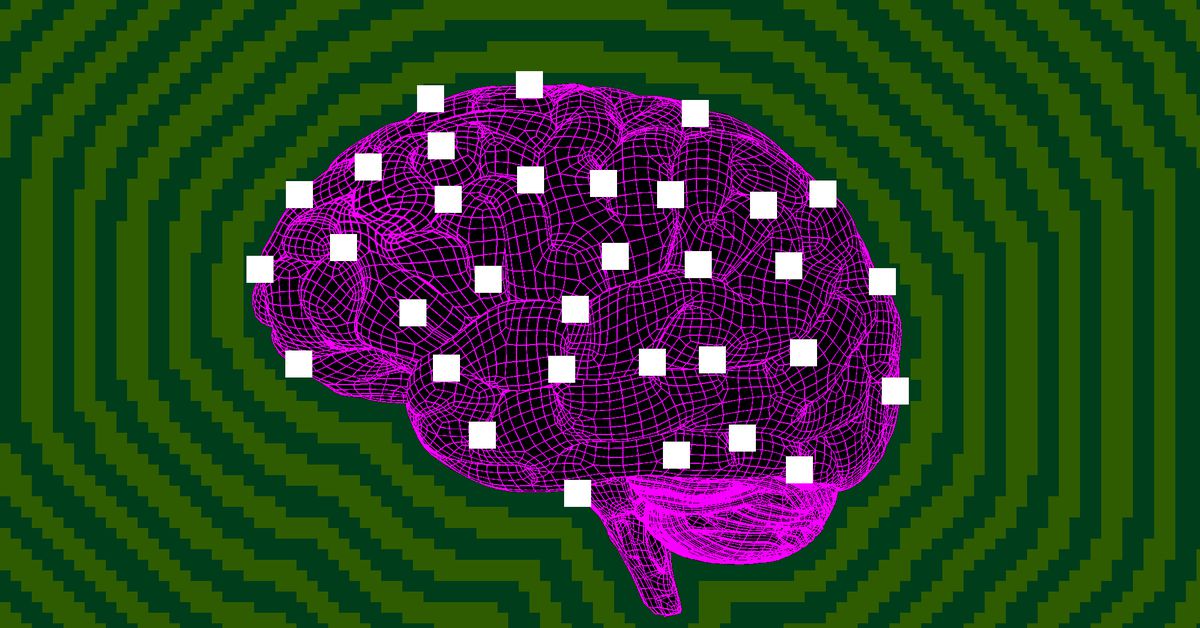As we navigated through another busy week in the world of Artificial Intelligence (AI), it’s hard not to feel overwhelmed by the sheer number of significant announcements. With each new development, it seems like the AI landscape is shifting rapidly, leaving us wondering what the future holds.
In this article, we’ll take a step back and try to make sense of everything that happened between Monday and Thursday. We’ll dive into the key highlights, providing context where necessary, and exploring the potential implications for various stakeholders.
Monday’s Announcements
Google’s AI-Powered Search Update
To kick off the week, Google announced a significant update to its search engine algorithm. The new system incorporates more advanced AI capabilities, aiming to provide users with more accurate and relevant results. This upgrade marks another step in the ongoing effort to make search engines more intelligent and intuitive.
The updates focus on three main areas:
- Entity recognition: The new algorithm can better identify entities within a query, enabling it to provide more specific and targeted results.
- Contextual understanding: Google’s AI now has a deeper comprehension of context, allowing it to consider nuances like implied meaning and subtle language cues.
- Ranking improvements: With the integration of machine learning models, Google’s search rankings have become even more sophisticated, ensuring that only the most relevant content appears at the top.
Microsoft’s Azure Machine Learning Updates
On Monday, Microsoft revealed significant updates to its Azure Machine Learning (AML) platform. The enhancements focus on streamlining the AI development process, providing users with improved workflows and more intuitive tools.
Key features of these updates include:
- Automated machine learning: AML now offers automated ML capabilities, allowing developers to create accurate models without extensive expertise.
- Improved visualization: Enhanced visualization tools enable data scientists to better explore their data, fostering a deeper understanding of complex relationships.
- Simplified deployment: Azure Machine Learning’s streamlined deployment process simplifies the transition from development to production.
Tuesday’s Breakthroughs
Stanford University’s AI-Generated Art
Researchers at Stanford University made headlines on Tuesday with their groundbreaking work in generating artwork using artificial intelligence. The team developed a system capable of creating realistic paintings, demonstrating the potential for AI to push the boundaries of human creativity.
The researchers’ approach focuses on:
- Deep neural networks: Their algorithm leverages deep neural networks to learn patterns and relationships within art.
- Generative models: By training generative models on vast datasets of artwork, they’re able to create new pieces that capture the essence of various styles.
- Human collaboration: The team emphasizes the importance of human-AI collaboration in artistic endeavors, highlighting potential applications for artists and designers.
NVIDIA’s AI-Powered Autonomous Vehicles
On Tuesday, NVIDIA revealed its latest advancements in autonomous vehicle development. Their system combines state-of-the-art computer vision with advanced AI capabilities to enable vehicles to navigate complex road environments safely.
Key aspects of this announcement include:
- Camera-based perception: NVIDIA’s algorithm can process high-resolution camera feeds, accurately detecting and tracking pedestrians, vehicles, and other obstacles.
- Sensor fusion: The system seamlessly integrates data from various sensors, allowing for a more comprehensive understanding of the vehicle’s surroundings.
- Real-time decision-making: With AI-driven control systems, vehicles can make decisions in real-time, ensuring safe and efficient navigation.
Wednesday’s Innovations
Facebook’s AI Research Lab (FAIR) Breakthroughs
On Wednesday, Facebook’s AI Research Lab announced several significant breakthroughs in the fields of natural language processing (NLP) and computer vision. The team developed innovative techniques for:
- Multitask learning: Their algorithm enables machines to learn multiple tasks simultaneously, improving overall performance.
- Transfer learning: By developing transfer learning methods, researchers can adapt AI models trained on one task to excel in others.
- Explainability: FAIR’s research focuses on making AI decision-making processes more transparent and explainable.
Amazon Web Services (AWS) AI Updates
Wednesday also saw the release of several new features for AWS’ SageMaker platform. These enhancements aim to simplify machine learning development, providing users with more accessible tools and streamlined workflows.
Key highlights include:
- Automated model tuning: SageMaker now offers automated model tuning capabilities, allowing developers to optimize their models without extensive expertise.
- Auto-encoders: The platform includes auto-encoder features for dimensionality reduction, enabling efficient data processing.
- Simplified deployment: With AWS’ SageMaker, deploying machine learning models becomes even more straightforward.
Thursday’s Developments
IBM Watson AI Updates
To wrap up the week, IBM announced several updates to its Watson AI platform. These enhancements focus on advancing natural language processing capabilities and streamlining business applications.
- Conversational interfaces: Watson now includes advanced conversational interface features, enabling businesses to create more engaging customer experiences.
- Automated decision-making: With Watson’s enhanced decision-making capabilities, organizations can automate complex processes, freeing up human resources for strategic tasks.
- Integration with cloud services: IBM has integrated its AI platform with various cloud services, simplifying the process of implementing AI solutions.
Conclusion
As we reflect on this week’s announcements, it becomes clear that AI continues to advance at an incredible pace. From Google’s updated search algorithm to NVIDIA’s autonomous vehicle developments, each breakthrough pushes the boundaries of what is possible in the field of artificial intelligence.
By understanding and embracing these advancements, organizations can unlock new opportunities for growth, improvement, and innovation. As we move forward into this exciting future, it will be essential to prioritize collaboration, education, and responsible AI development to ensure that the benefits of AI are shared by all.
Future Outlook
With so much happening in the world of AI, one cannot help but wonder what lies ahead. Will AI become even more integral to our daily lives? What new applications and innovations will emerge as a result of these advancements?
As we continue on this journey of discovery and exploration, it’s essential for us to stay informed about the latest breakthroughs and their potential implications. By doing so, we can ensure that the rapid development of AI benefits everyone, from individuals and organizations to society at large.
Recommended Reading
For those looking to delve deeper into the subject matter or explore related topics, here are some recommended articles and resources:
- Google’s Blog: "Introducing MUM: Multitask Unified Model"
- Microsoft Azure Machine Learning Documentation
- Stanford University AI Lab: "Artificial Intelligence Research at Stanford"
By staying up-to-date with the latest developments and research, we can unlock new possibilities in AI and ensure that its potential is harnessed responsibly.
Get Involved
As AI continues to advance, there will be opportunities for individuals and organizations to contribute to this exciting field. Whether you’re interested in machine learning development, research, or application, there’s a place for you in the world of AI.
Consider exploring the following resources:
- Google Cloud AI Platform
- Microsoft Azure Machine Learning Documentation
- Stanford University AI Lab: "Get Involved"
By working together, we can accelerate the development of AI and ensure that its benefits are shared by all.
Conclusion
In conclusion, this week’s announcements have provided us with a glimpse into the vast potential of artificial intelligence. From Google’s updated search algorithm to NVIDIA’s autonomous vehicle developments, each breakthrough pushes the boundaries of what is possible in the field of AI.
By staying informed about these advancements and their implications, we can ensure that AI continues to benefit individuals, organizations, and society as a whole.
As we move forward into this exciting future, it will be essential for us to prioritize collaboration, education, and responsible AI development. By doing so, we can unlock new opportunities for growth, improvement, and innovation in the world of artificial intelligence.
Stay tuned for more updates on AI developments and breakthroughs!


